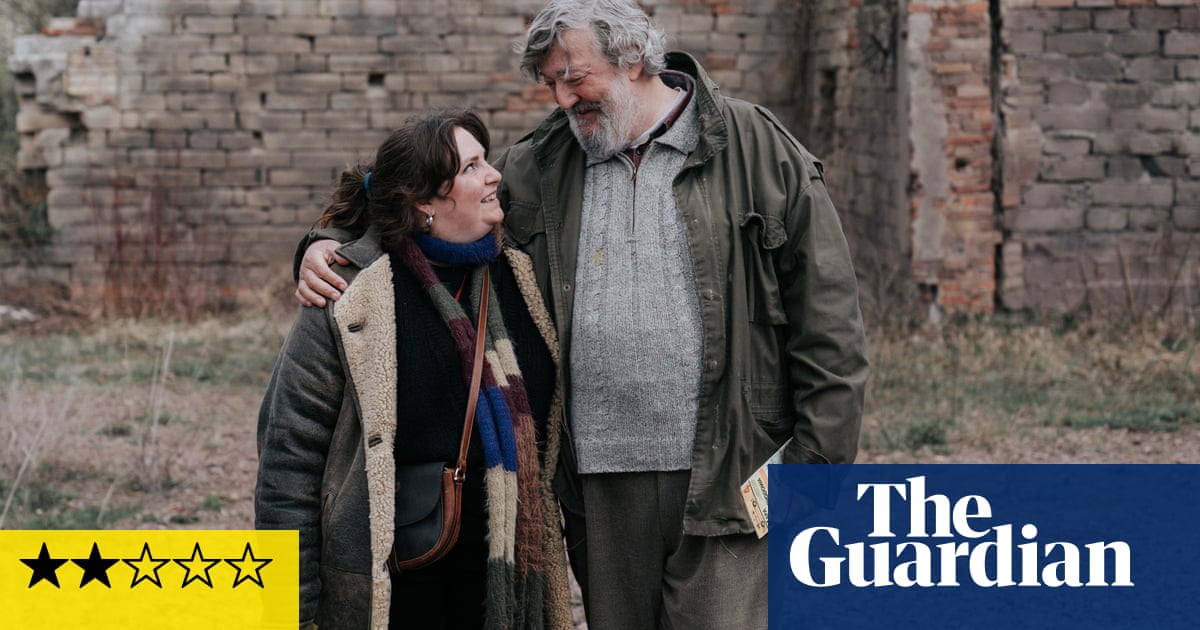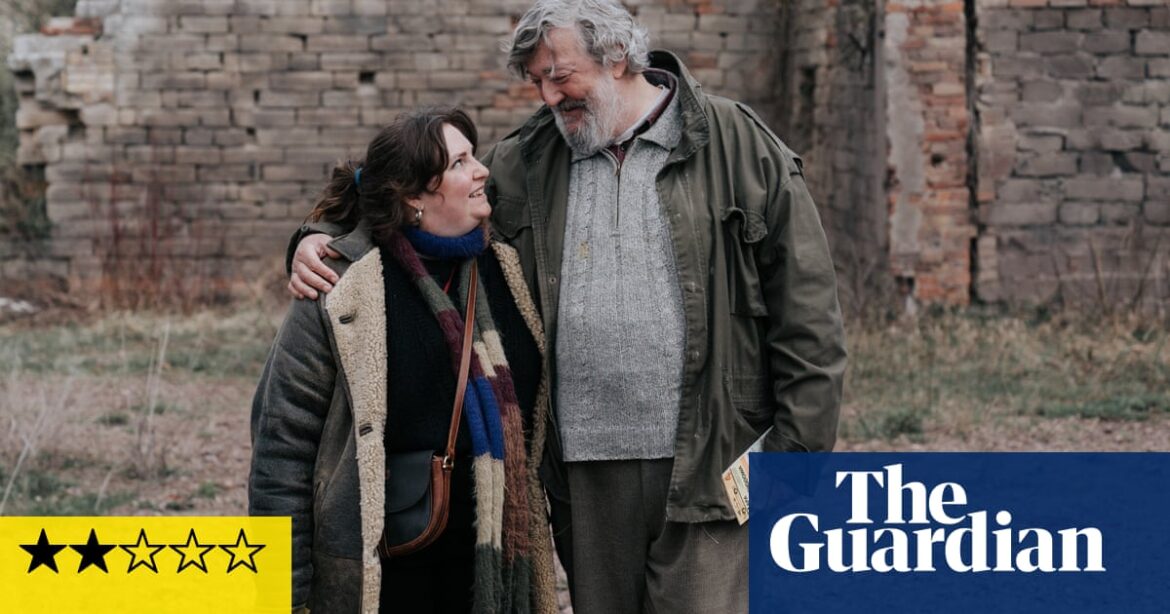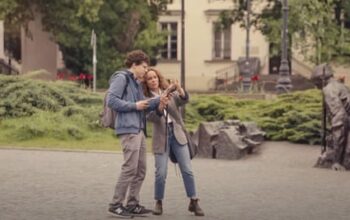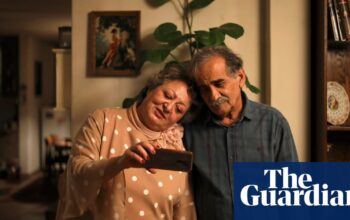
An uncomfortable experience this: a laboriously acted odd-couple heartwarmer starring Lena Dunham and Stephen Fry, with a sentimentality unsuited to its theme: the horrors of the Holocaust. Director and co-writer Julia Von Heinz has adapted the 1999 autobiographical novel Too Many Men by Lily Brett, whose father Max was a Holocaust survivor from the Lodz ghetto.
It is 1991 and Dunham plays Ruth, a New York journalist recently divorced, who has come to Poland to get to grips with family history. With a heavy heart she has brought along her eccentric, affectionate widower dad Edek, played by Stephen Fry in full teddy-bear mode with a cod Polish accent. The pair of them travel through the country staying at down-at-heel hotels, squabbling but of course finally and cathartically getting to know each other. Yet Ruth, though always reading about the Holocaust, is unable to understand why Edek does not want to take any of the trains for which she has bought advance tickets. Instead, he impulsively hires a driver at the airport. This is Stefan, played by Zbigniew Zamachowski (from Kieslowski’s Three Colours White), whose unshowy authenticity rather exposes Fry’s stagey, if heartfelt performance.
They find Edek’s old family-owned factory; then they find his parents’ apartment, and discover the extended clan now living there still have a lot of his family possessions, despite claiming it was empty when they were originally assigned it. (The film is in fact unsure quite how culpable to make these particular Poles.) Finally, Ruth and Edek visit Auschwitz – an impossibly painful experience for both – and the eerie shots of the death camp’s huge plains are the best thing in the film.
Treasure is a curious confection. Fry, so excellent, for example, in the Elizabeth Holmes TV drama The Dropout, is not well used here and Dunham looks uneasy, especially in the strange scenes in which she appears in some kind of self-harming way to be self-tattooing her limbs with camp-like numbers. The film also features the well-known German actor André Hennicke who appears only briefly: laughing strangely in a hotel lift. Something has perhaps been lost in the edit. This never quite comes together.
Source: theguardian.com



